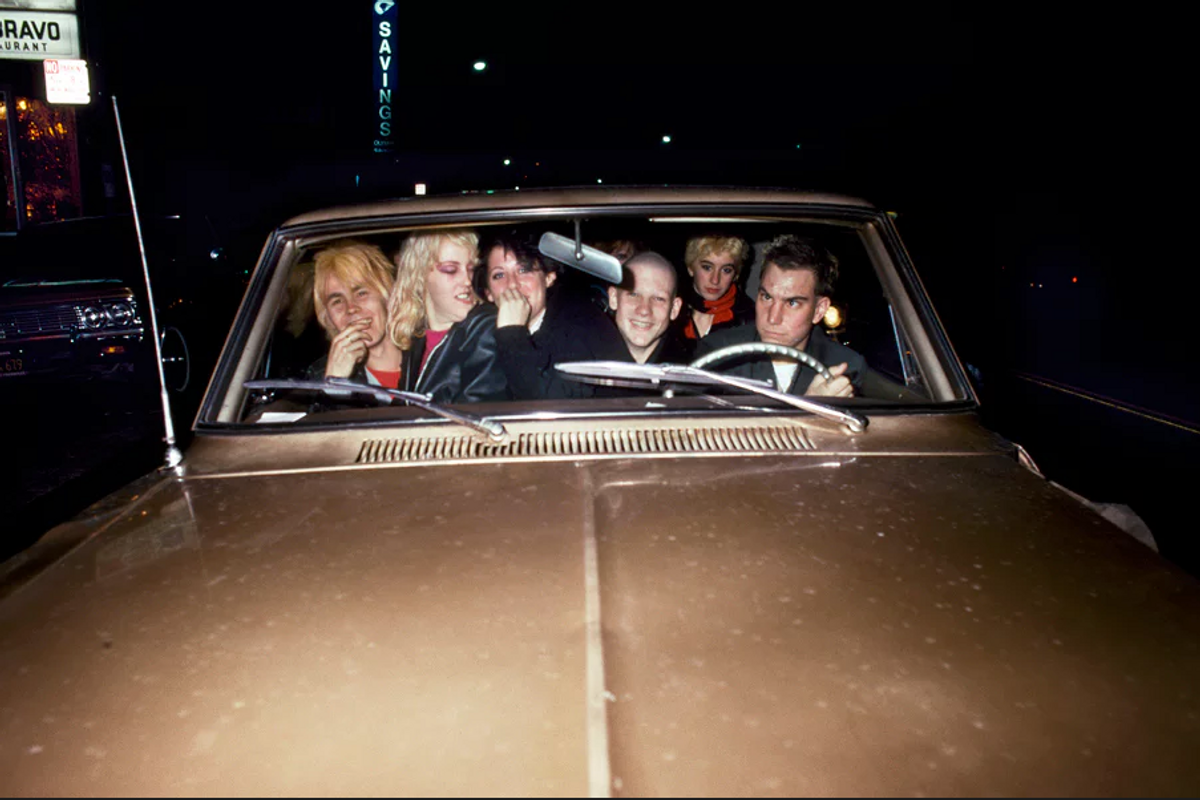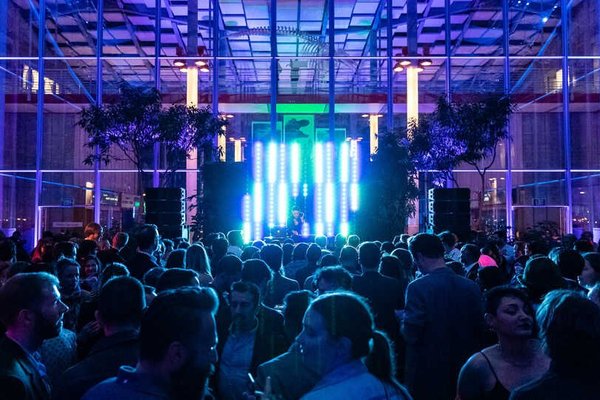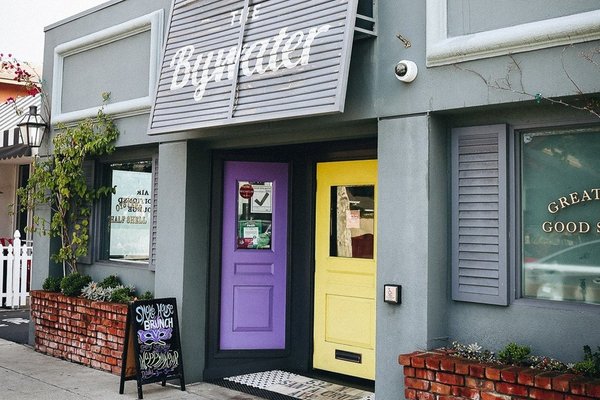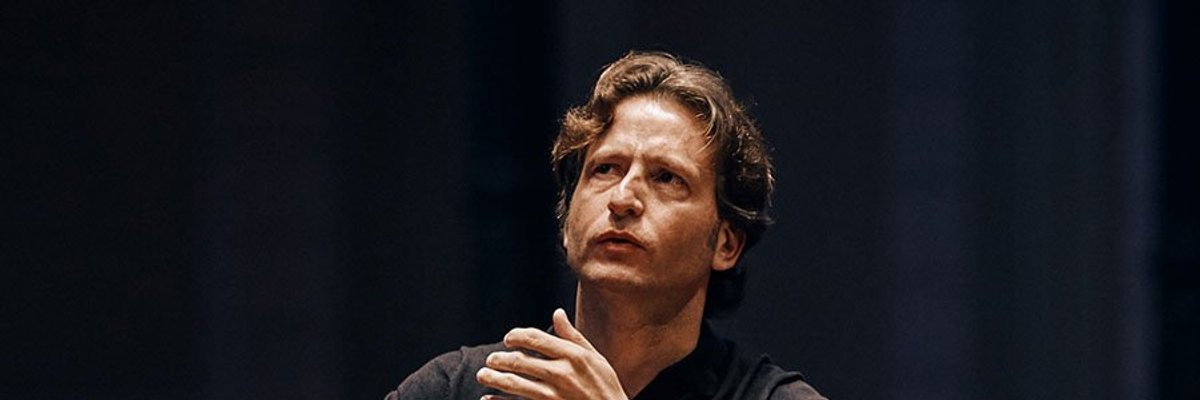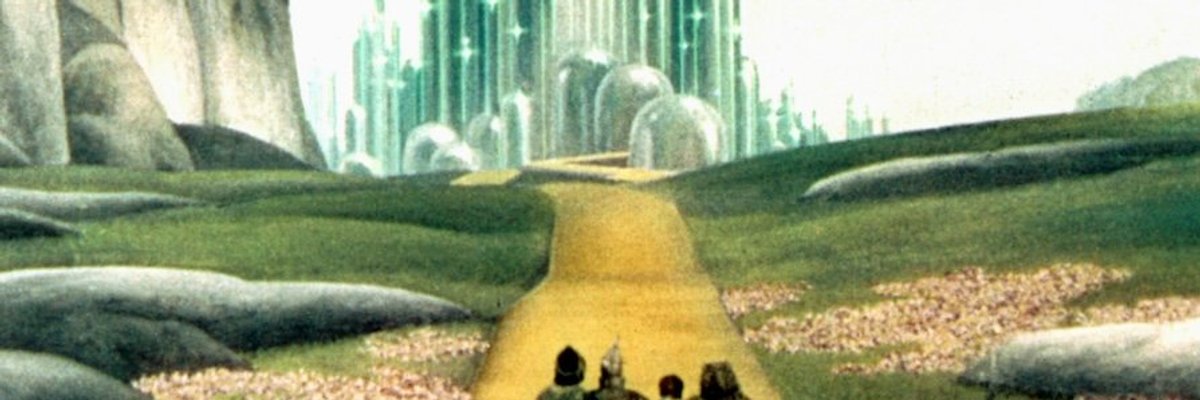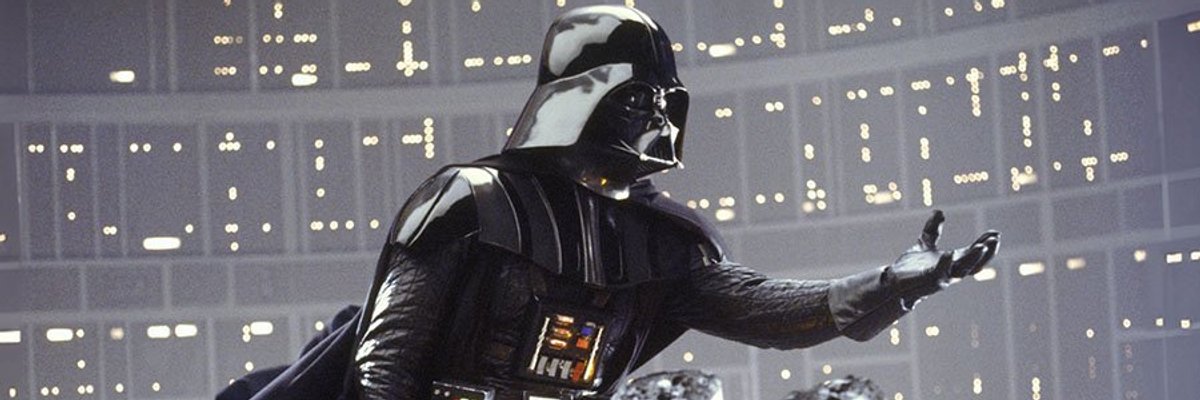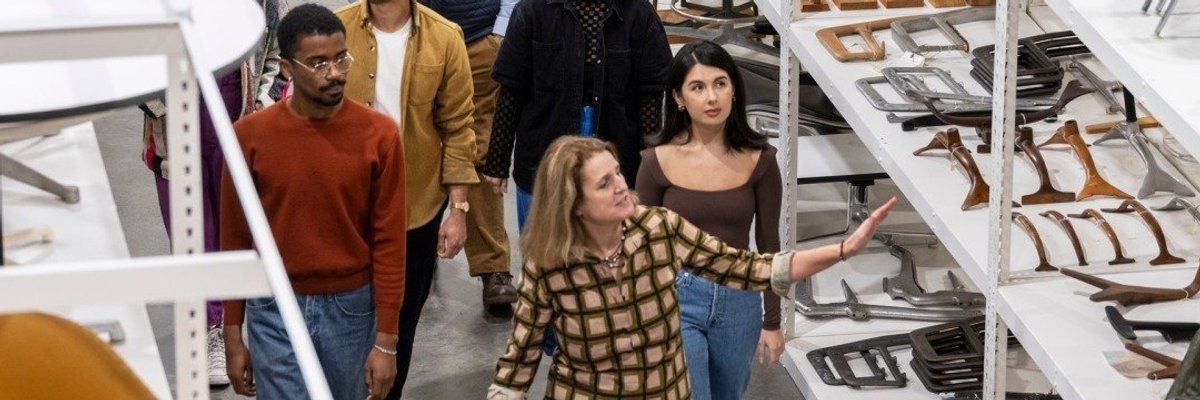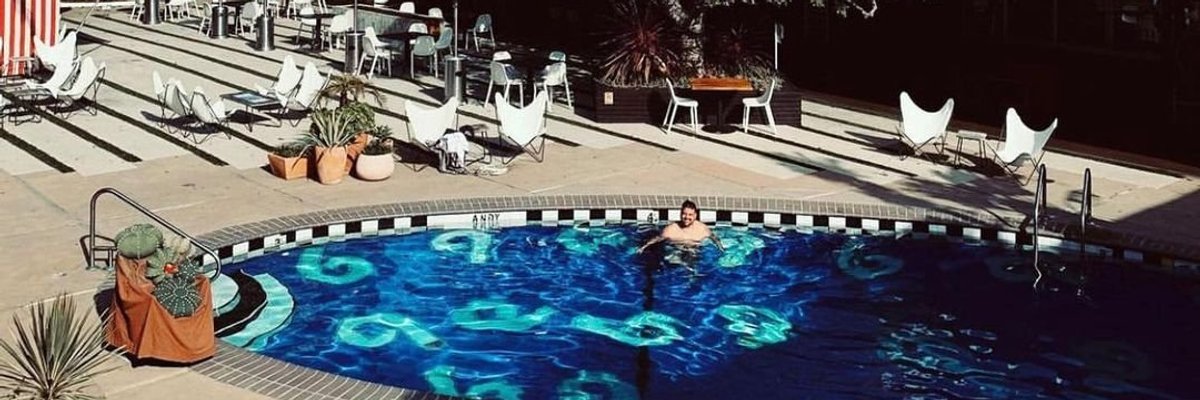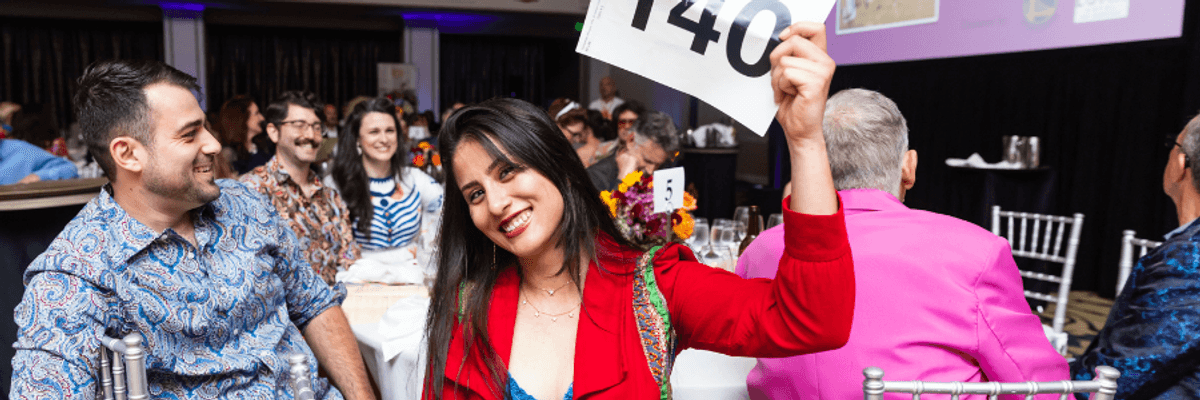San Francisco's voracious punk scene of the 1970s is back in the spotlight thanks to a new book by local photographer Jim Jocoy.
Order of Appearance(2017, TBW), comes 20 years after the release of his first book, We're Desperate—produced with the help of designer Marc Jacobs and Sonic Youth front man Thurston Moore, it was widely regarded as the definitive catalogue of early West Coast punk fashion. While Jocoy, who works in the physical therapy department at UCSF, is known in punk and art circles for for his 1978 portrait of Sex Pistols lead singer Sid Vicious (which, in 2004, was adapted by Shepard Fairey), the new book features zero household names. Instead, the collection of images is structured in three chapters, spanning from 1977 to 1980, and includes dozens of never-before-seen photographs of young Bay Area punks getting haircuts, crammed into cars, attending live music shows, and going about their daily lives.
"San Francisco is so closely identified with 1960s counterculture that it's just too complicated for people to imagine that it hosted another major subculture a decade later," Foley told The Guardian. "These things have conspired to make it difficult for the story to break through."
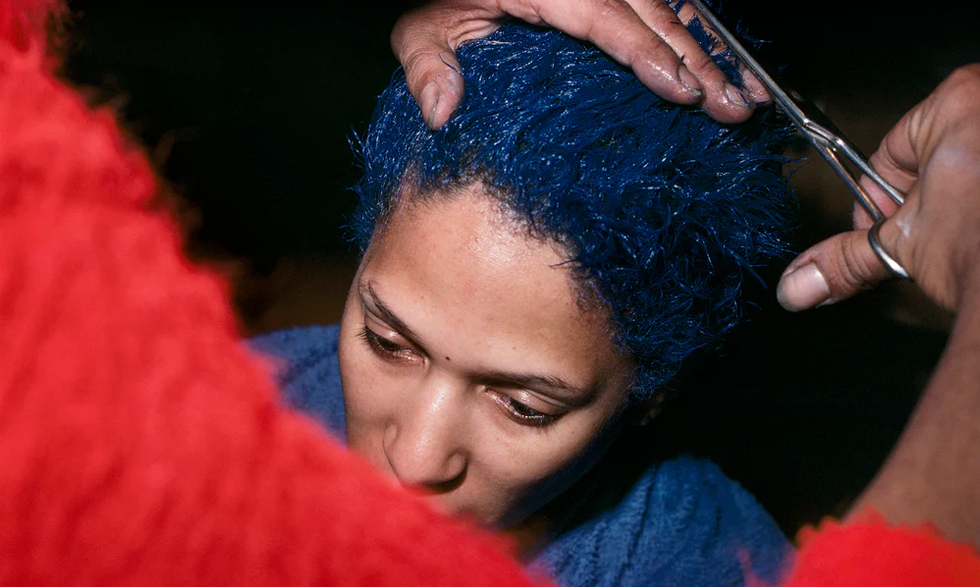
Unlike the early punk scenes in Los Angeles and New York, SF didn't have the music industry infrastructure to promote recordings of punk music. Although that motivated some independent labels to form and spread music, the scene didn't yield a full-length album until the Dead Kennedys' debut in 1980.
The book also highlights the very political nature of the SF punk scene: Dead Kennedys vocalist Jello Biafra ran for mayor in 1979, garnered 4 percent of the vote, and promised to implement neighborhood police elections and legalize squatting. Foley says that police harassment, the assassination of Harvey Milk, and the scene's proximity to marginalized communities helped inspire punks to "make common cause with marginalized people."
"There was an intellectual class to the scene," Foley says. "It doesn't conform to the image most of the world has of punk being mindlessly nihilistic."
// The book ($50) begins shipping late March 2017; order at tbwbooks.com/products/order-of-appearance.



